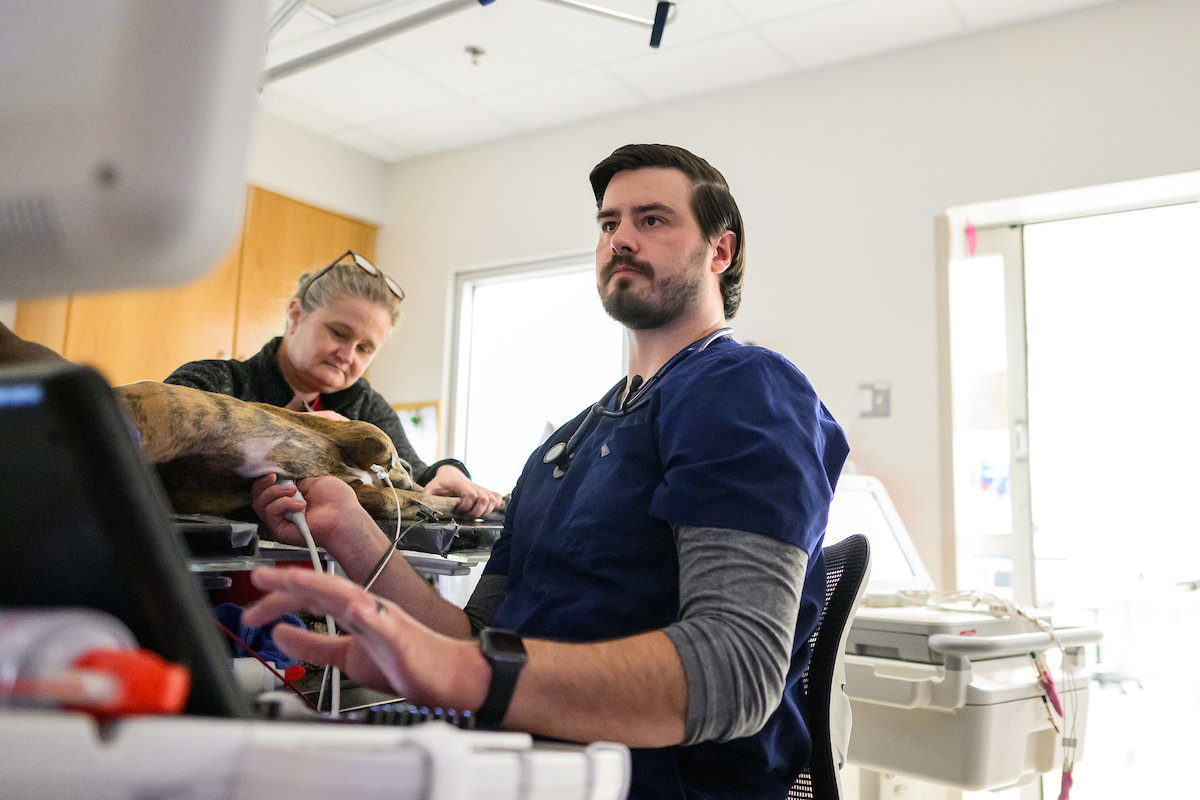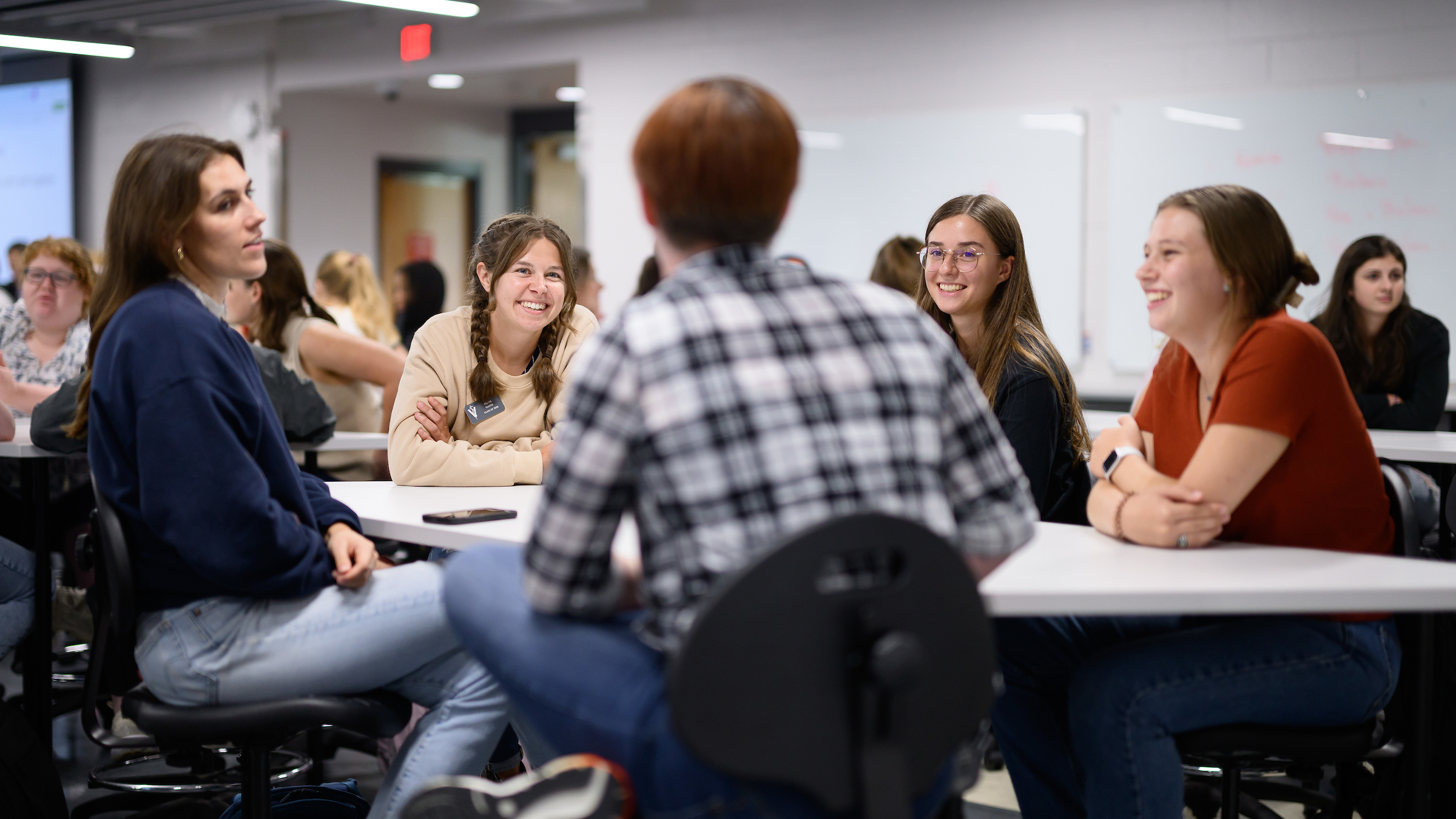In this issue of the Oath, we are emphasizing “Trainee-centered learning: Lead in preparing adaptable, career-ready professionals,” one of the goals of our new strategic plan. A unique strength of the NC State College of Veterinary Medicine has always been that our college prepares students for the breadth of careers in which veterinarians are needed. In this issue, we have illustrated many of the ways in which we accomplish this.
As part of our goal to ensure that we are training our students to be career-ready, the college recently completed a curriculum revision and restructured the course system into focused threads that integrate material across years and species. Our elective and selective courses complement these threads and allow students to individualize their training to prepare them for their desired career focus.
Current elective and selective opportunities provide increased exposure and training in everything from feline medicine to research methodology and provide a greater level of detail around desired topics than is provided in core material. This allows each student an opportunity to go a bit deeper into a topic as is necessary for their own specialized career plan. A great example of this is our selective in equine podiatry (featured in this issue), which builds on the growing strength of our equine program.
At NC State, we know that often the most innovative educational experiences occur outside the classroom, and we are always looking for opportunities to get our students immersive educational experiences where they can try on a future professional focus.
Some of our alumni may be familiar with our Veterinary Summer Scholars program that allows veterinary students to earn a stipend while spending 10 weeks working with a faculty member on a research project over the summer break. This program experienced a record-high participation this summer (more than 50 students!), and we have found it to be an excellent pathway for our students to try out a potential career in the animal health industry, biomedical research or veterinary academia.
This year, we created a parallel program, the Randall B. Terry Rural Scholars program, to place students in a rural large animal practice working with an experienced veterinarian for 10 weeks. We hope that in a similar way, the rural scholars program leads more students to seriously consider a rural large animal career.
We believe that these types of experiences provide students with an opportunity to do more than just research or work in practice but also, over that 10-week period, to develop a snapshot of a lifestyle and potential career. An even more advanced example of this is our DVM/Ph.D. program, where students step away from the DVM curriculum for two or three years to complete a Ph.D. and fully experience a research lifestyle during that time.
Finally, I am delighted to share that two of our alumni recently returned to the college in leadership positions. Dr. Jan Hawkins, Class of 1991, became the head of the Department of Clinical Sciences on Aug. 1, and Dr. Kaori Sakamoto, Class of 1997, became the head of the Department of Population Health and Pathobiology on July 1.
I can only imagine the pride that the college founders would have in knowing that they truly prepared the early classes for long-term career excellence and leadership and that these individuals have returned to the college to take over the reins of these key departments.
Dr. Kate Meurs
Randall B. Terry Jr. Dean of the NC State College of Veterinary Medicine
- Categories:



